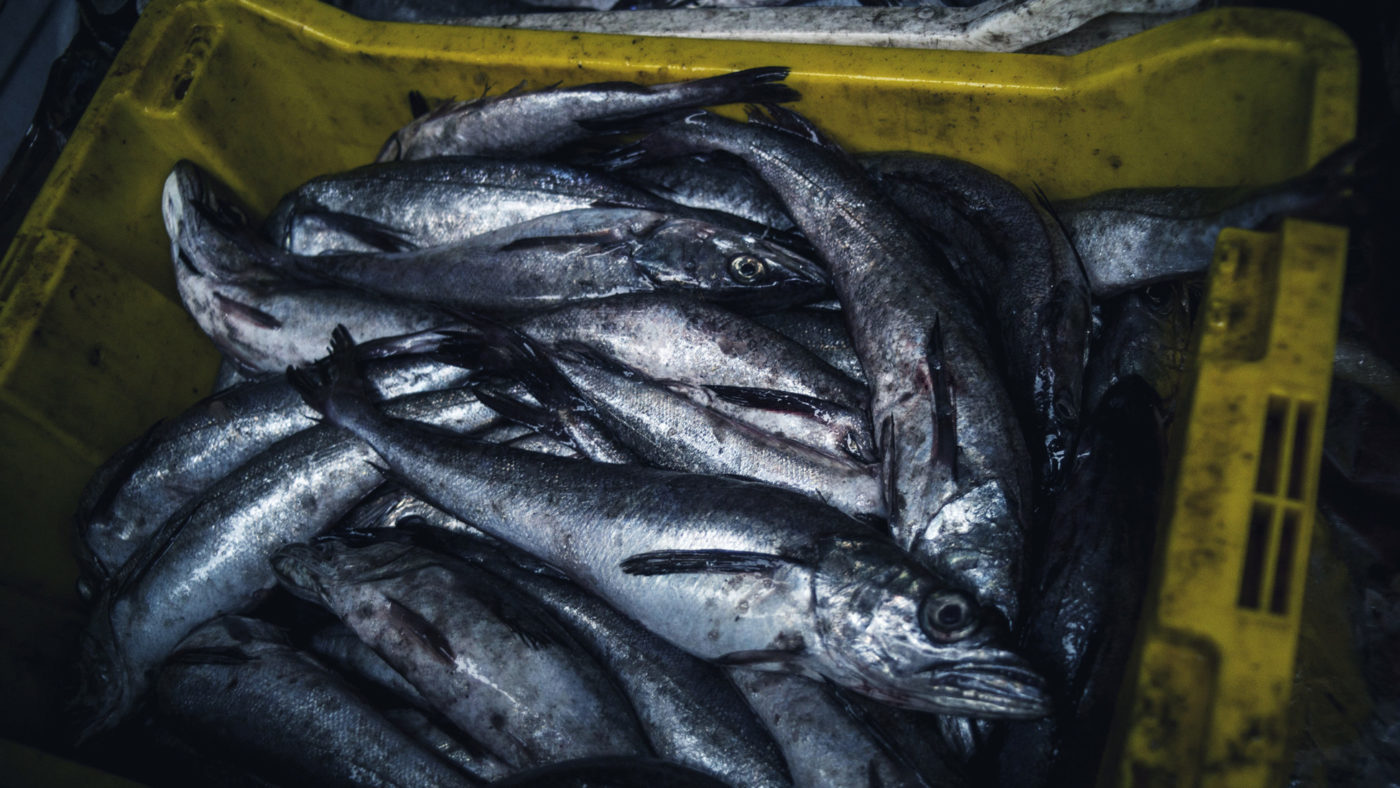Apparently sustainability means that we should be eating the fish we don’t like, while also preventing foreigners from having the fish they do like. That isn’t how I would define good practice, and it defies basic economics, but it is where the logic of the “eat local” brigade takes us. It is a denial of the very point of trade; an intellectual and practical mistake which impoverishes us all.
The Marine Stewardship Council is suggesting that Brexit means we should change which fish we eat. Sure, lots of things are going to change post-Brexit, but the idea that we should be having dab’n’chips as a takeaway might be taking things too far. Yet that is what is being suggested; that we should stop eating the fish types we like and start eating the ones we don’t.
We Brits overwhelmingly eat only the big five: salmon, cod, haddock, tuna and prawns. That is not true in plenty of other countries, where they quite like eating dab, hake, herring and mackerel. As it happens we don’t catch enough of what we do like to eat in British waters and too much of what we don’t. Unsurprisingly, the opposite is often true in foreign waters. It therefore seems sensible enough that we swap. But that common sensical solution is not what the Marine Stewardship Council are suggesting. Instead, we should change what we eat.
The insanity of the idea is explained here: “We are currently exporting around 75 per cent of fish caught and landed in the UK, but we’re the ninth largest importer of fish in the world with around 70 per cent of the seafood value entering the UK fish supply chain coming from overseas. By choosing more sustainable sources and keeping it local, it will help reduce wasting wild caught fish that are discarded dead because they have less value.”
Think for a second what would actually reduce the amount of fish which are discarded dead. Clearly, it will be that whatever is caught is sent off to those who value it most. That’s what is going to produce the highest price for the fisherman, isn’t it? In our waters – or, given the Common Fisheries Policy, what are soon to be our waters again – this means that the dab and hake should be sent off to other countries. In waters that we don’t control, that means the salmon, cod and so on should be sent to us, as we very much like them.
Demanding that we eat locally caught fish is going to increase waste. Swapping stuff with fishermen from elsewhere is exactly what makes sure that a greater portion of the fish caught are eaten.
Think also about the value to us. If we can only have fish from our own waters then, just as the stuff we don’t like will go down in value, the fish that we do like will rise in cost. That’s a diminution of the lifestyle of us all – we’ve got to pay more for our preferred diet. This is, of course, why we indulge in the basic idea of trade in the first place, so that we can gain access to those things which foreigners can do cheaper or better than we can. An obvious example being the ability of Norwegians and Icelanders to catch the cod we so enjoy. We should be buying it from them simply because that way we get it cheaper.
So well done to the MSC. They’ve managed to completely miss the point of trade, that we swap the things we value less to those who value them more, doing the same in reverse for those we value more. The process makes all participants richer, which is why we do it. But worse than that, over and above the original point, the MSC is, in the name of reducing discards and making fishing more sustainable, insisting upon policy which will increase discards and thus make it less sustainable.
Things are going to be different post-Brexit but it looks like we’ve got a lot more work to do than just freeing ourselves from Brussels. Like, perhaps, starting to think sensibly about localism and trade?


